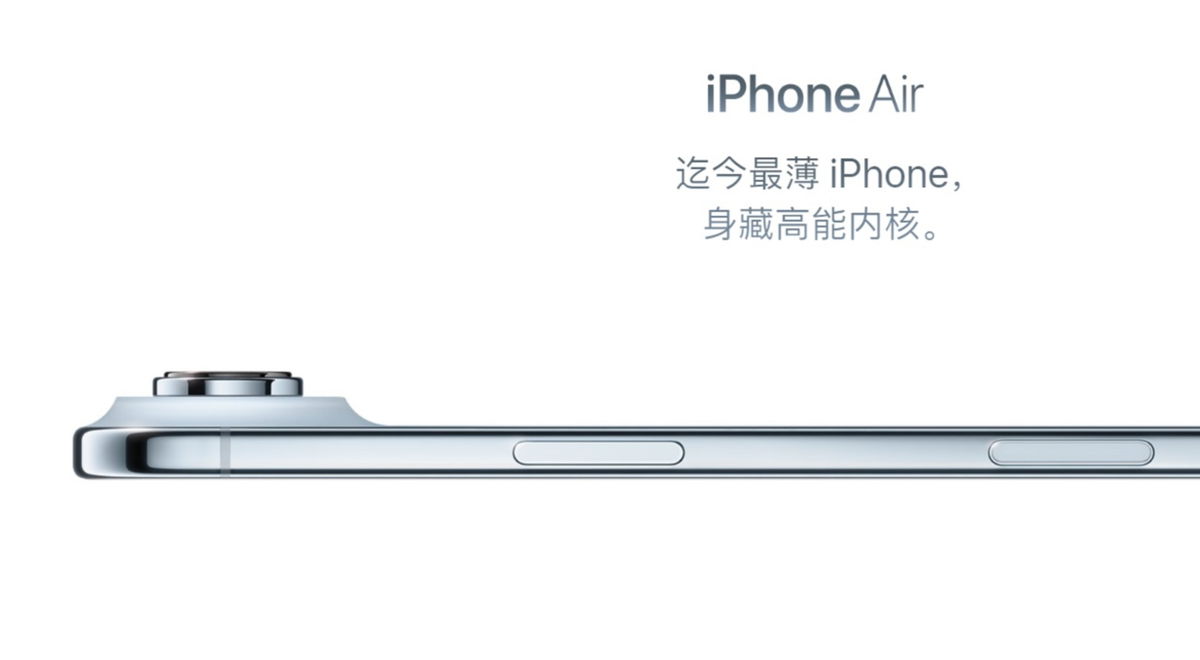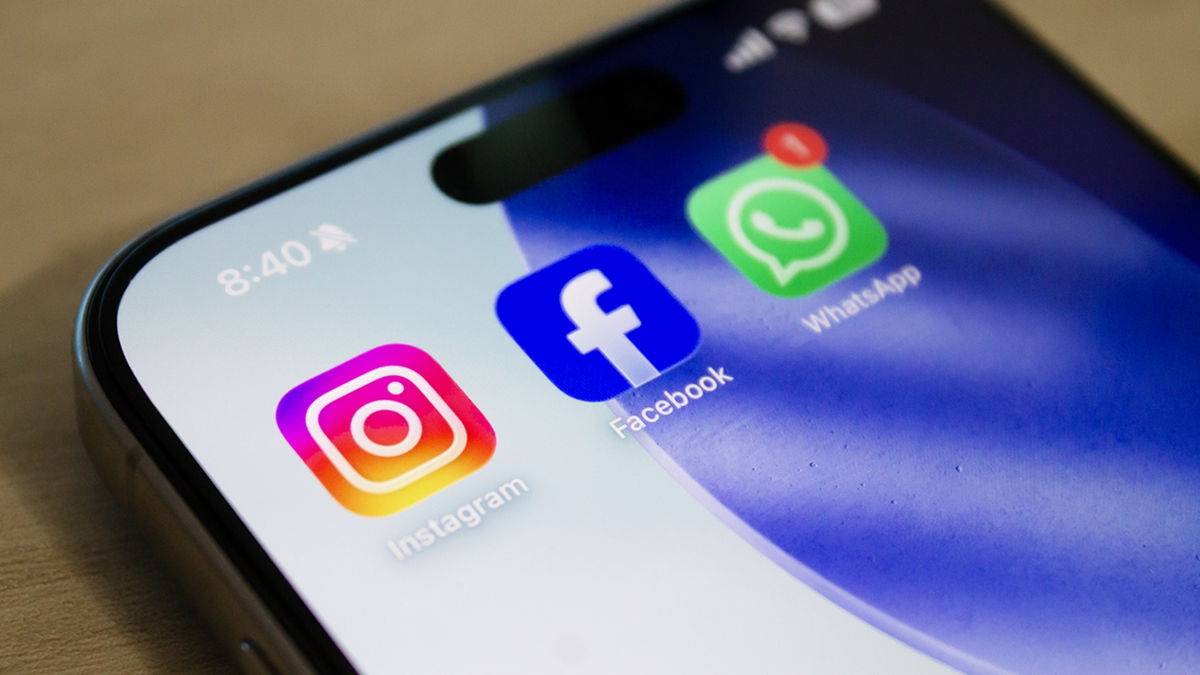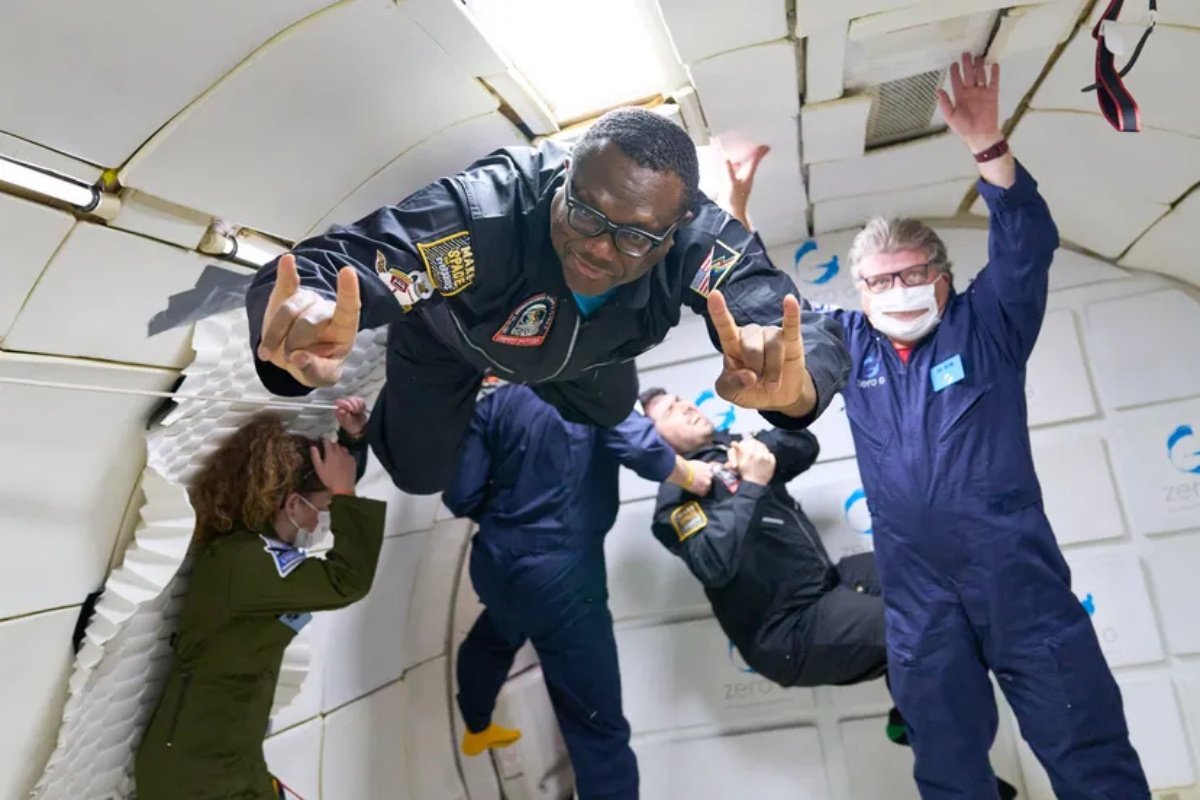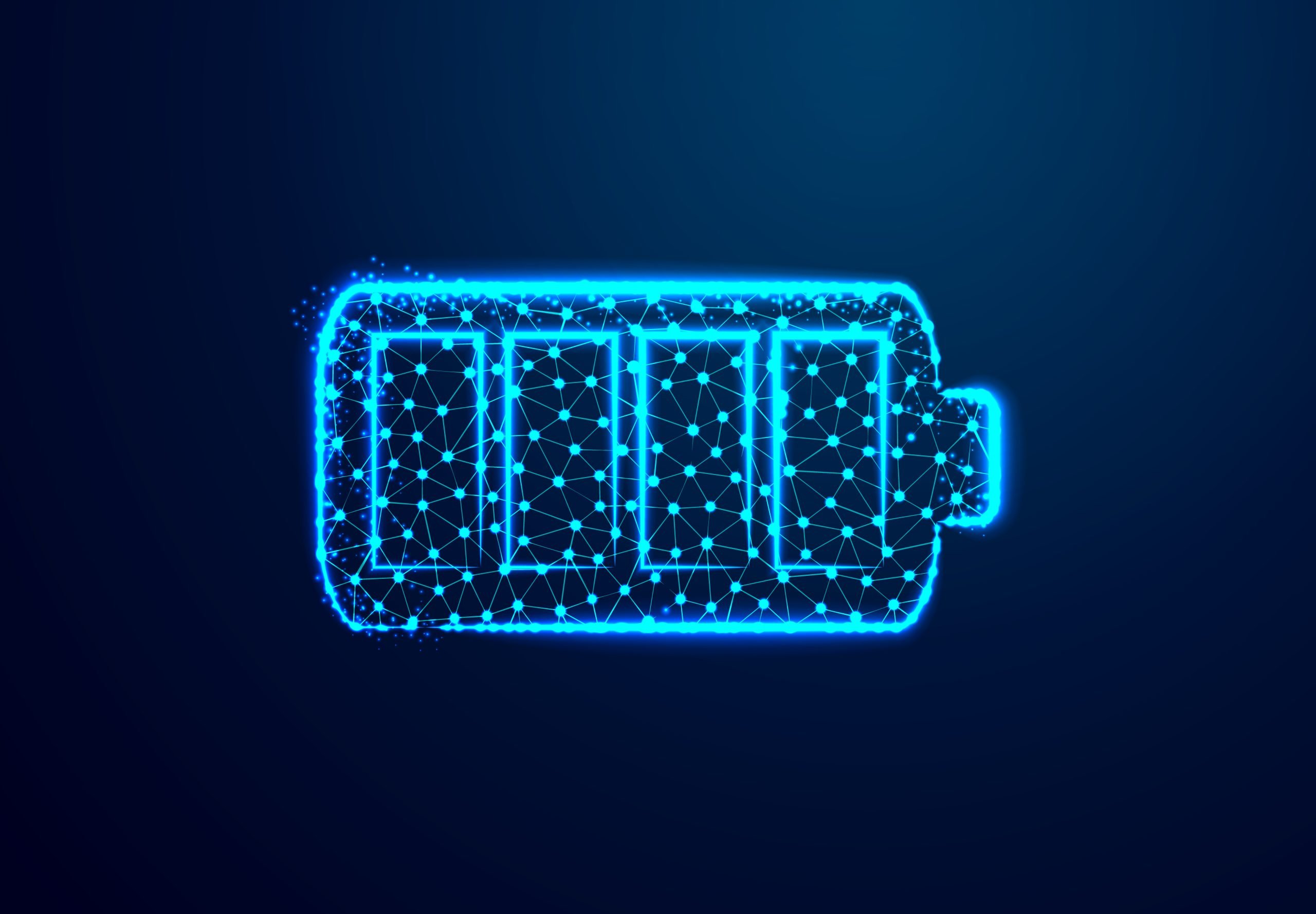*This text was written by a TecMundo columnist; finally learn more.
The dream of going to space passes through almost every child. But some learn wrongly early on that they can’t make this dream come true. These are PCD children with disability. Task AstroAccess He came to show that society is wrong and that heaven is yes for all.
AstroAccess’s goal is clear: to make space missions accessible. The first motivation is clear: about 15% of the population lives with disabilities, these people have the right to be integrated into society in every field, including space! In addition, the AstroAccess mission demonstrates that accessibility is not only possible, but an advantage for all humanity.
Space missions today are designed for people without disabilities. One of the weaknesses is that the missions rely heavily on astronauts’ vision and hearing. The problem is clear: we are at a disadvantage in emergencies. For example, if a fire breaks out on the International Space Station, the smoke can make it impossible for our astronauts to see. How can they navigate the ship? Or how can they communicate if the communication system fails? These examples show how making tasks more accessible can be a win-win for everyone.
“Space removes barriers between people:
Now is the time to remove the barriers to space.”
Making space missions accessible for different obstacles is also a step towards more efficient missions. In case of smoke or where visibility is impossible, touch navigation can be a way out of the problem. Plus accessibility for a blind astronaut. Visual communication can save lives and guarantee access to a deaf astronaut in the absence of a sound system or if any event makes it impossible to hear for a few seconds. There are several factors that can be improved on space missions, ensuring accessibility and training non-disabled astronauts to learn to navigate with other senses.
Overall, the AstroAccess mission proves that people with disabilities may be best suited for some aspects of space missions. For example, due to some differences in the vestibular system, some deaf astronauts may be more resistant or perhaps completely immune to motion sickness! That’s an obvious advantage when talking about space missions.
NASA itself had a project with 11 deaf men called the Gallaudet 11, which in the 50s helped develop today’s space missions. However, we still haven’t had a deaf astronaut in space. Other advantages include, for example, paralyzed people who are more accustomed to moving using their arms. AstroAccess experiments showed that people with partial paralysis found it easier to work and navigate in microgravity.
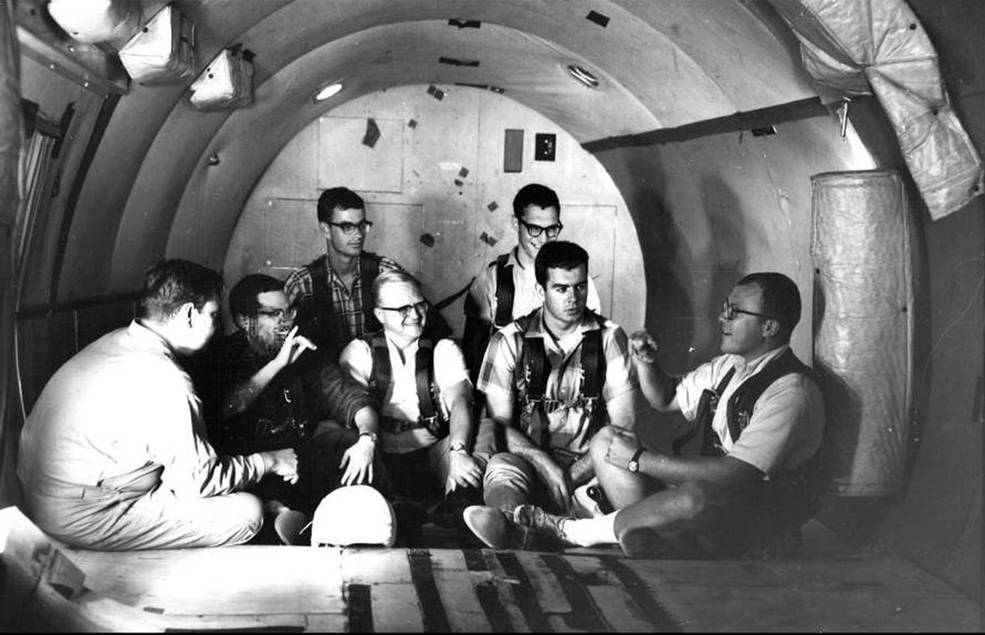
The AstroAccess mission is part of the initiative Science Accessaiming to make science more accessible at all levels. They perform microgravity flights over people with disabilities to test and prove what should be adapted for space missions. Anyone can apply to be part of the mission (while applications are open).
“Space is not just the future of humanity:
Today is a call to rethink life on Earth.”
Camila de Sá Freitas, columnist Technology WorldHe holds bachelor’s and master’s degrees in astronomy. He is currently a PhD student at the European Southern Observatory (Germany). The distinctive Galaxy Forensic Investigator explores the evolutionary scenarios of galaxies and possible changes in star formation. He is on social media as @astronomacamila.
Source: Tec Mundo
I am Bret Jackson, a professional journalist and author for Gadget Onus, where I specialize in writing about the gaming industry. With over 6 years of experience in my field, I have built up an extensive portfolio that ranges from reviews to interviews with top figures within the industry. My work has been featured on various news sites, providing readers with insightful analysis regarding the current state of gaming culture.


